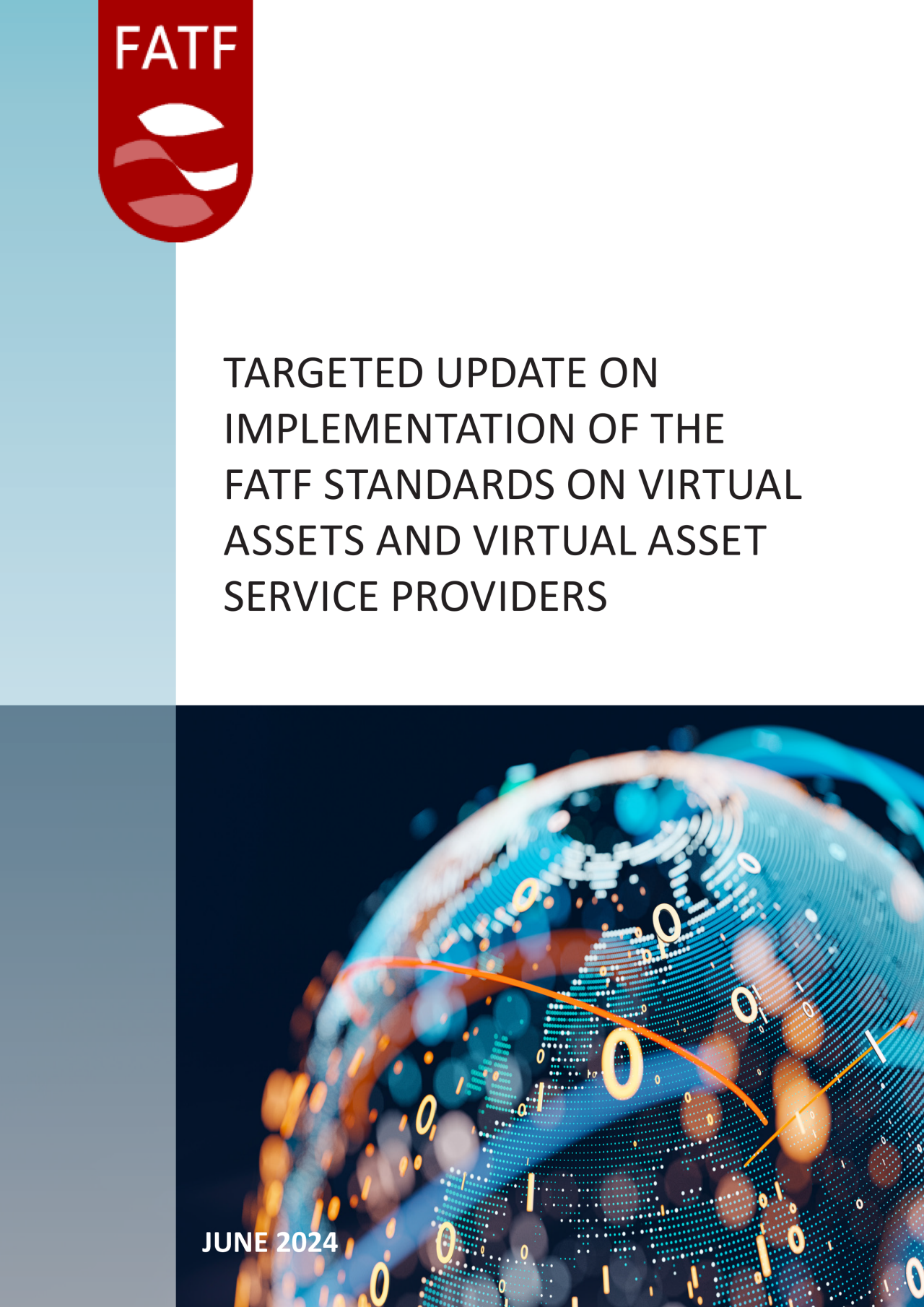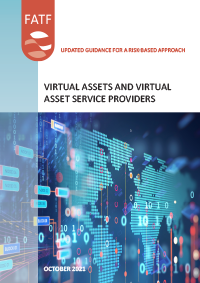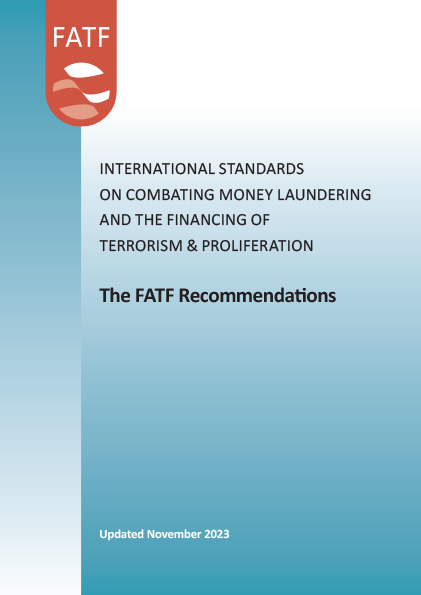Paris, 9 July 2024 -
This report provides the fifth update on jurisdictions’ compliance with FATF’s Recommendation 15 and its Interpretative Note (R.15/INR.15). Recommendation 15 was updated in 2019 to apply anti-money laundering and counter-terrorist financing (AML/CFT) measures to virtual assets (VA) and virtual asset service providers (VASPs). The report also provides updates on emerging risks and market developments relating to the use of VAs for money laundering, terrorist financing and proliferation financing.
FATF's report finds that while some jurisdictions have made progress in putting AML/CFT regulation in place, global implementation is still lagging. There are several governments which have yet to take any significant steps to regulate the sector, and these countries need to prioritise implementing the Standards in full as a matter of urgency. Based on 130 FATF mutual evaluation and follow-up reports since the revised R.15/INR.15 was adopted in 2019, 75% of jurisdictions are only partially or not compliant with the FATF’s requirements, which is identical to that of April 2023 (75% partially compliant or non-compliant jurisdictions; 73 of 98) and shows negligible improvement.
When focusing on the countries with materially important VA sectors (who were included in the roadmap analysis published in March 2024) the picture is better, with a majority having the core measures in place. Nevertheless, despite progress made by individual countries, there is still a lot of work to do in order to complete the global system of AML/CFT regulation for the virtual asset sector, and FATF will continue to prioritise closing these gaps.
Jurisdictions continue to struggle with the implementation of the fundamental requirements of R.15, particularly undertaking a risk assessment and conducting supervisory inspections. However, the findings from the 2024 survey do identify some areas of progress since 2023, such as the number of jurisdictions which have registered or licensed VASPs in practice.
Jurisdictions have made insufficient progress in implementing the Travel Rule, which is a key AML/CFT measure. Nearly one third of the survey respondents, including some who assessed VA/VASPs as high risk, have not yet passed legislation implementing the Travel Rule. Even among jurisdictions who have passed legislation implementing the Travel Rule, supervision and enforcement remains low.
The slow progress in regulating the VA sector is a serious concern as VAs continue to be used to support the proliferation of weapons of mass destruction, including by DPRK, as well as by scammers, terrorist groups, and other illicit actors.
FATF’s report nevertheless acknowledges positive developments in the VA sector reported by the private sector, such as increases in VA transaction volume using Travel Rule compliance tools and in VASPs considering Travel Rule obligations in their operations. The report highlights that all players need to have appropriate risk identification and mitigation measures and continue to work towards fully compliant Travel Rule compliance tools.
While DeFi arrangements still account for a relatively low percentage of overall VA activity, the report notes the need to monitor such arrangements for illicit finance risks. The report also recognises the increased adoption and use of stablecoins, including for illicit activities. The FATF will therefore continue to monitor the illicit financing risks and developments in this sector.
The FATF calls on all jurisdictions to rapidly implement the FATF’s Standards on VAs and VASPs, including the FATF’s Travel Rule. In line with the roadmap to improve implementation of R.15 and to address the findings of this report, the FATF will continue to:
- facilitate outreach and provide assistance to lower-capacity jurisdictions including those materially important VASP activities
- facilitate sharing of best practices, finding, and challenges, including relating to DeFi, stablecoins, unhosted wallets, and P2P and monitor market trends in this area for material developments that may necessitate further FATF work
- engage with FATF member countries, the global network, technical assistance providers and the private sector on progress and challenges





 Twitter
Twitter
 Facebook
Facebook
 Instagram
Instagram
 Linkedin
Linkedin
